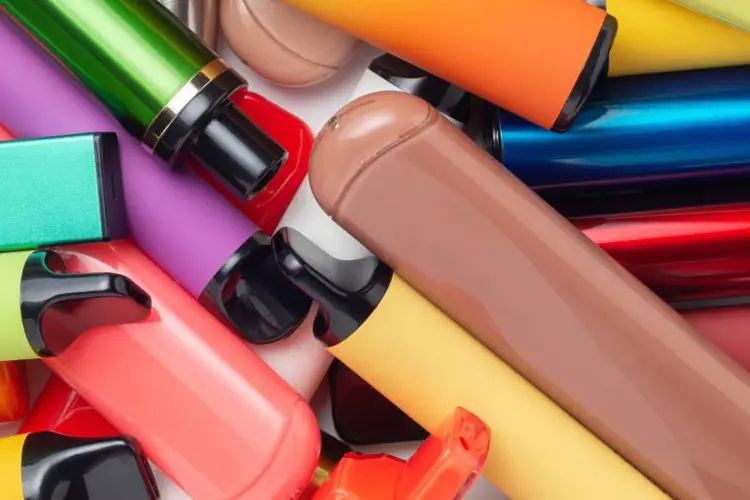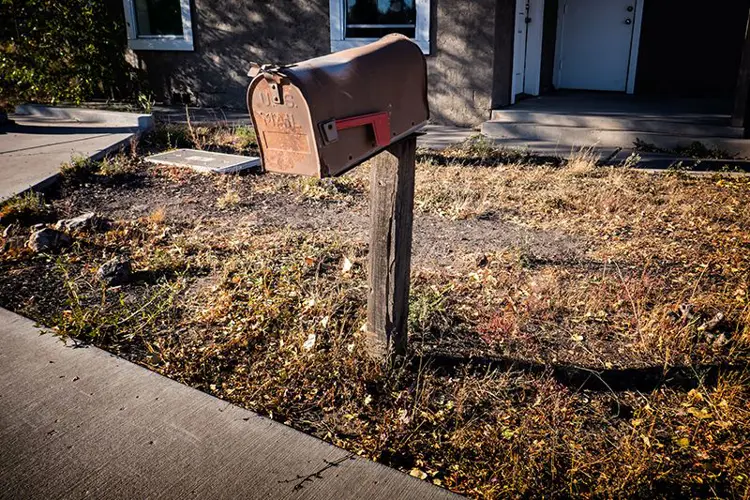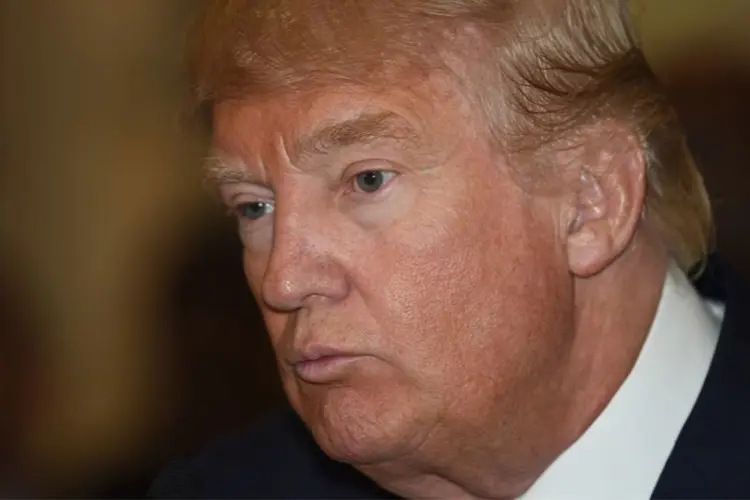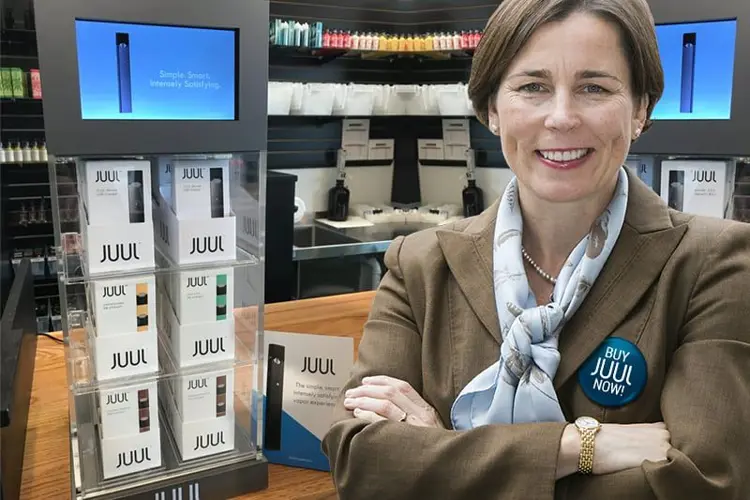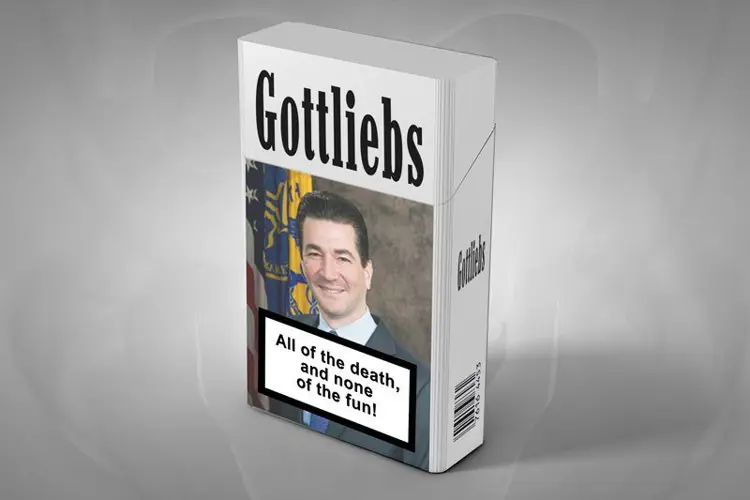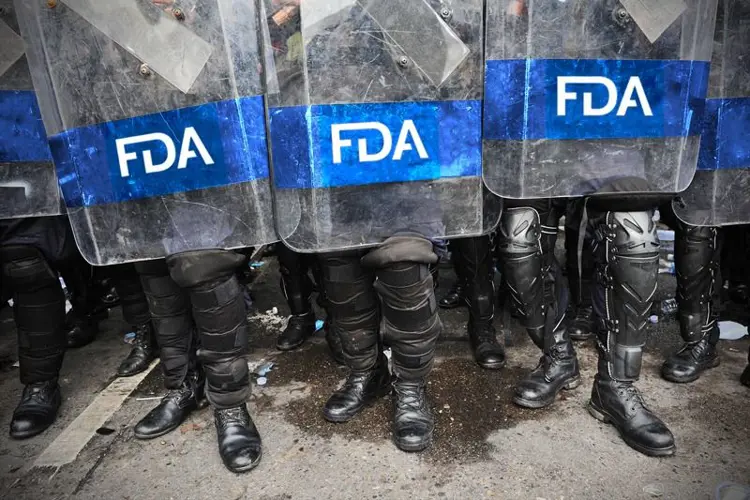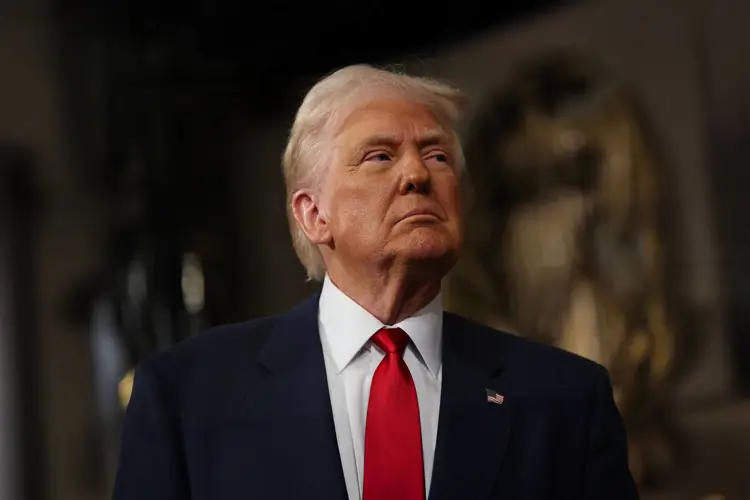FDA Commissioner Scott Gottlieb announced his plan to reduce youth vaping, and it turned out to be rather anticlimactic. After months of build-up, the FDA chief’s statement was only particularly surprising for its attention to combustible products — which of course is where the FDA’s focus should be.
Vape advocates will be unhappy with Gottlieb’s plan to restrict flavors (other than tobacco, menthol and mint) to adult-only locations. And anti-vaping activists will be disappointed to hear that the commissioner didn’t announce an immediate flavored vape ban. He did remind everyone that rulemaking on flavors is in progress. The FDA could still issue rules that would disrupt or kill the independent vaping market.
But Gottlieb didn’t announce any news on vaping rules that were unexpected. Most of his plans echo the announcement made by JUUL Labs two days ago. As Gottlieb promised, the FDA is putting “speed bumps” in the road for adult smokers seeking alternatives to cigarettes.
He also didn't issue firm dates for any of his proposals.
The biggest news the commissioner made was that he will seek bans on menthol cigarettes and flavored cigars. Those initiatives may somewhat mollify the tobacco control groups that were hoping for big news on vaping restrictions. But nothing would really make those people happy — at least nothing short of announcing public executions of top JUUL executives.
Gottlieb says the 2018 National Youth Tobacco Survey data that he’s been using to whip up the teen vaping media frenzy will be released later today. According to the commissioner, it shows that 27.7 percent of current high school vapers are using e-cigarettes on 20 or more days of the month. That’s a tricky way of presenting the data though, and it may mean less than he implies.
Here are Commissioner Gottlieb’s specific policy suggestions and recommendations:
- Flavored vaping products (except tobacco, menthol and mint) will only be sold in age-restricted retail stores. (So vape shops that prevent minors from entering would be able, for now, to sell e-liquid in a variety of flavors)
- FDA will continue to monitor youth use of menthol and (especially) mint flavored vape products, and may reconsider its policies if necessary
- FDA will curtail online sales of flavored products from sites that do not implement “heightened” age verification processes. FDA will issue a set of best practices for online retailers soon
- FDA will “pursue the removal” of of vaping products that are “marketed to children and/or appealing to youth. “This could include using popular children’s cartoon or animated characters, or names of products favored by kids like brands of candy or soda”
- FDA will propose a product standard that will ban flavors in all cigars, and eliminate the extended compliance date for newly deemed cigars
- FDA will proceed with its plan to issue standards for flavors in all tobacco products (including vapor products)
- FDA will seek to make rules banning menthol from combustible tobacco products
The big story is the proposed ban on menthol cigarettes. The FDA has attempted to do this before without success. Any such action will be legally challenged by the cigarette industry, particularly British American Tobacco, which less than two years ago bought RJ Reynolds primarily to acquire the popular Newport brand.
There are hidden losers here too. NJOY, which sells flavored e-cigarettes and pod devices mainly in convenience stores and pharmacies, will be punished by the ban as much or more than JUUL. NJOY has never been accused of marketing to or targeting teenagers, and it doesn't have a big footprint in vape shops to count on.
Gottlieb didn’t offer anything new about standards for submitting premarket tobacco applications. While the clock keeps ticking toward the 2022 deadline for submitting PMTA’s for vapor products, the commissioner didn’t have anything to offer desperate e-liquid manufacturers except the long-repeated promise that “additional policies and procedures” would be coming sometime in the “coming months.”
For people who’ve spent the last decade living under the FDA guillotine, kicking that can down the road one more time feels a lot like offering “thoughts and prayers” to the victims of a senseless crime that should have been prevented. The independent vaping industry needs to know if it will be allowed to have a future.
The Freemax REXA PRO and REXA SMART are highly advanced pod vapes, offering seemingly endless features, beautiful touchscreens, and new DUOMAX pods.
The OXVA XLIM Pro 2 DNA is powered by a custom-made Evolv DNA chipset, offering a Replay function and dry hit protection. Read our review to find out more.
The SKE Bar is a 2 mL replaceable pod vape with a 500 mAh battery, a 1.2-ohm mesh coil, and 35 flavors to choose from in 2% nicotine.
Because of declining cigarette sales, state governments in the U.S. and countries around the world are looking to vapor products as a new source of tax revenue.
The legal age to buy e-cigarettes and other vaping products varies around the world. The United States recently changed the legal minimum sales age to 21.
A list of vaping product flavor bans and online sales bans in the United States, and sales and possession bans in other countries.








